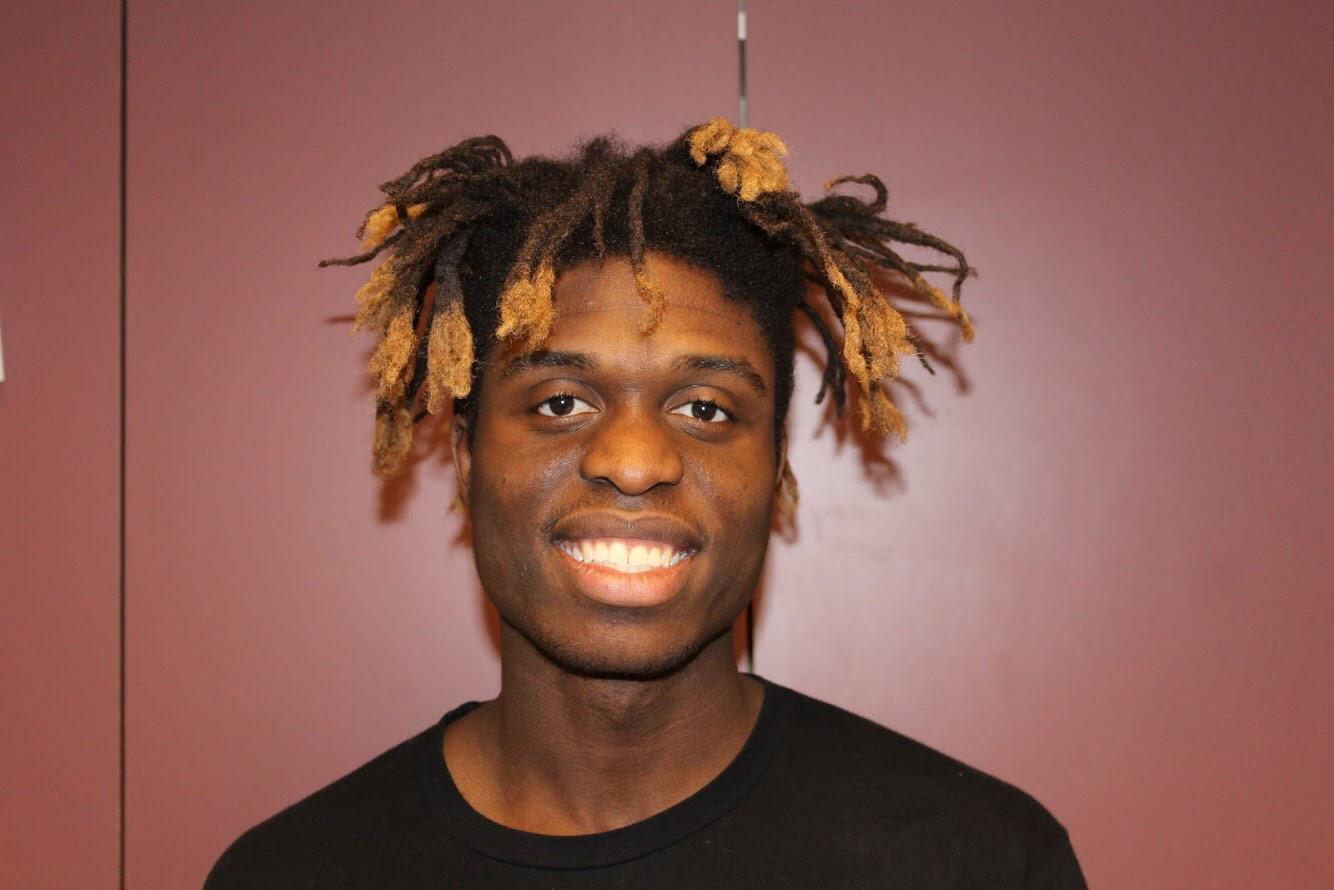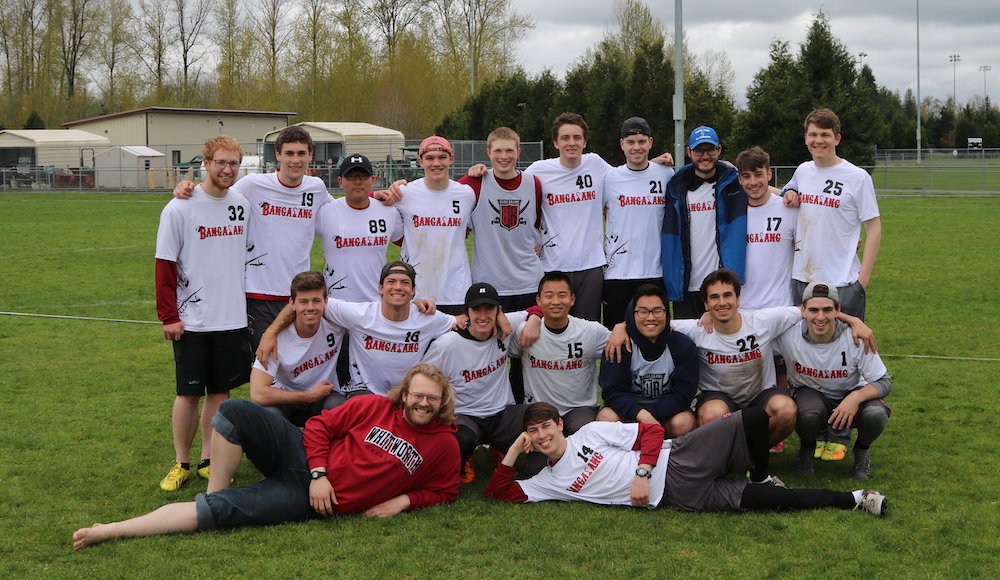
George Washington. Benjamin Franklin. Thomas Jefferson. John Hancock. James Madison. John Adams. Abraham Lincoln. These men are regarded as the epitome of America and those who helped shape this country into what it is today. We respect these men because as leaders they fought for truth, justice and freedom for all Americans, which are values that we admire.
Learning about US history as a kid, I read textbooks and watched movies that portrayed these men as the best of American ideals, even like deities in some media. I thought that these people were heroes…my heroes. When talking about Abraham Lincoln and George Washington growing up, I held them up and had a sense of ownership as an American citizen that they were mine.
As I grew up and learned more about the complexities of history along with my own understanding of how the world works, I saw quite a different story. What if I told you that the men I’ve listed, a mix of founding fathers and presidents aren’t as heroic or as just as we perceive them to be? These men had their faults and have histories that go against the ideals that they stood for. We don’t see a full picture of their lives, especially in history books.
“We hold these truths to be self-evident, that all men are created equal,” The Declaration of Independence states, but obviously that wasn’t true with regards to slavery (and women as well). Though “all men were created equal” that didn’t stop Benjamin Franklin, Thomas Jefferson, George Washington, John Hancock and James Madison from owning slaves. Though the word “slavery” was not explicitly written in the Constitution, they included key parts protecting slavery. Those parts included a fugitive slave clause and the Three-Fifths Clause, which allowed southern states to count slaves for the purposes of representation in the federal government.
We credit Lincoln for being a big part in freeing the slaves, which he was to some extent, but he wasn’t the abolitionist our history books and culture seem to portray him as. Read Lincoln’s letter to Horace Greeley. Horace Greeley was the editor of the New York Tribune, who wrote an editorial to Lincoln called “The Prayer of Twenty Millions,” making demands and implying that Lincoln’s administration lacked direction and resolve. Greeley wanted action for emancipation. In the letter to Greeley, Lincoln writes “My paramount object in this struggle is to save the Union, and is not either to save or to destroy slavery. ” This was more of a political decision than a human one. Lincoln says that he wants to save the Union as his number one priority, which is admirable. However, he completely overlooked any effort to repeal a system that oversaw humans owning other humans.
Lincoln believed that slavery was morally wrong, but there was one big problem: It was allowed by the highest law in the land, the Constitution. Lincoln claimed to agree with the phrase “all men are created equal.” However, without an absolute stance on abolition of slavery, Lincoln makes his own beliefs clear through his passive actions.
Some of the notable Founding Fathers, like Benjamin Franklin stopped owning slaves at 1781, and later became head of the Pennsylvania Abolition Society. Lincoln’s views regarding African- Americans slightly changed in the last years of his life. Though Franklin and Lincoln’s views changed, most of the other “heroes” views remained the same.
We lift these men up to such high standards because it seems to be inferred that everything about America is good. Though people like Benjamin Franklin eventually saw the error of their ways and fought against slavery, it seems that focusing on only the good is another way of trying to forget how our country didn’t always live up to those proclaimed ideals. It seems like there is a concerted effort to forget that inequality has been a staple of our country since its inception.
At one point in time, I blindly thought that these men were my heroes because I was an American. As I learn about history I can’t help but think that if I were in the 18th and 19th centuries, I would not be treated the way I am today. Those heroes of mine could just see me as another black man, a slave, and less than human.
I wonder how a conversation with the Founding Fathers would go. Would I have a seat at the table? If we could bring these people here to modern day, would they be mad that I am getting an education? Or that I have more freedoms? Do we really want these people to be our heroes and placed on a pedestal, when a lot of them didn’t really believe that everyone is created equal?
These American heroes need to be portrayed in an authentic way with the good and the bad for Americans to truly understand what really has made this country what is is today. We will be able to see that these people weren’t perfect. Although they gave us some great guidelines to follow, there are things we can do today to improve what they started to really have a land where “all men are created equal,” and “with liberty and justice for all.”
Contact Ike Emeche at iemeche17@my.whitworth.edu







